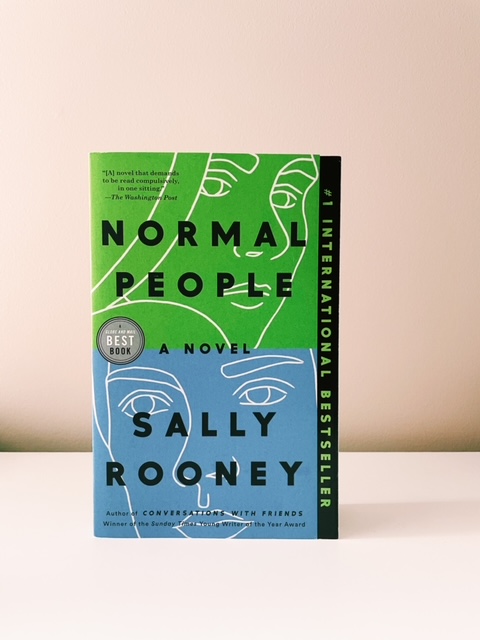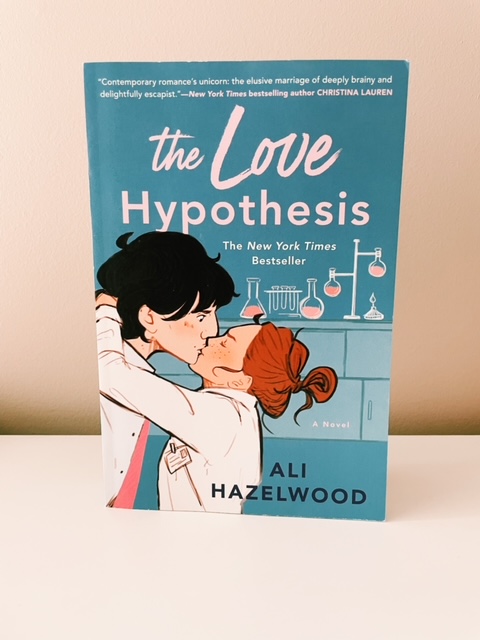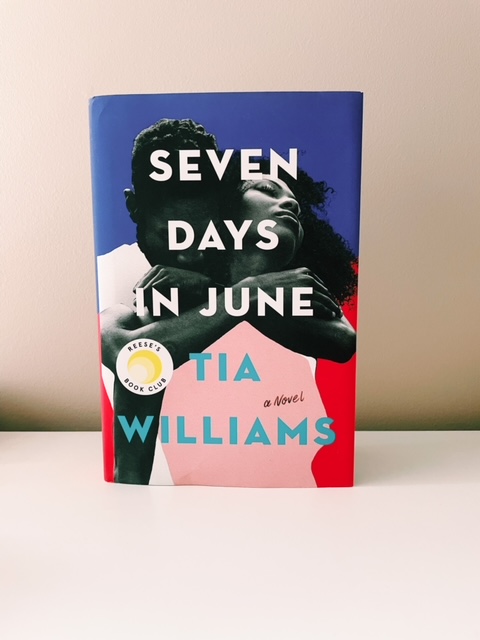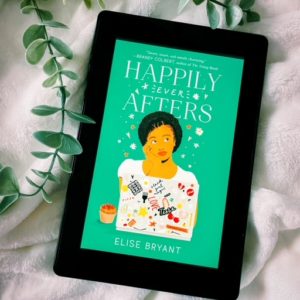Book Rating: Five Stars.
Book Blurb
An incendiary and utterly compelling thriller with a shocking twist that delves deep into the heart of institutionalized racism, from an exceptional new YA voice.
Welcome to Niveus Private Academy, where money paves the hallways, and the students are never less than perfect. Until now. Because anonymous texter, Aces, is bringing two students’ dark secrets to light.
Talented musician Devon buries himself in rehearsals, but he can’t escape the spotlight when his private photos go public. Head girl Chiamaka isn’t afraid to get what she wants, but soon everyone will know the price she has paid for power.
Someone is out to get them both. Someone who holds all the aces. And they’re planning much more than a high-school game.
Review
Two words: Heartbreakingly beautiful.
Ace of spades is a young adult book that gained my attention from booktok, bookstagram, and even reddit. I was a bit hesitant to read this story at first, but my interest peaked when I heard it was a mixture between Gossip Girl and Get Out. It was such an odd combination that purchasing this novel was a no brainer. And let me say, I am glad I did! This book had a steady plot, twists and turns, queer representation, revenge, heartache, and a satisfying conclusion. Faridah Àbíké-Íyímídé was able to create an intriguing and entertaining story, while simultaneously incorporating important topics and themes. Instead of focusing on the intense plot in this review, I want to focus on the main characters: Devon and Chiamaka.
To provide you with a bit of background, Devon and Chiamaka are the only two black students that attend Niveus Private Academy, an elite private school. As the only two black students in this predominant white school, Devon and Chiamaka’s personal narratives reflected the dilemmas that black individuals face in white and black spaces. Out of the two, Devon’s characterization was truly amazing. Through his character one can see the construction of black masculinity and how this construction affected him both mentally and physically. As a gay black boy, Devon had to exist in secret and fear, while acting like everything in his world was okay despite having little-to-no friends at school and hiding his sexuality from his mother. There were many moments in this story where Devon’s life brought tears to my eyes, especially chapter 13. Chiamaka’s character was slightly different from Devon, since she was an upper-class black girl that ‘fitted’ in with her white peers at school. Originally, I found Chiamaka’s character to be irritating but as the book progressed, you understand her character more deeply. Chiamaka deals with the issues that are common to almost all black girls: always feeling less than. After that, it was hard not to empathize with Chiamaka and I was rooting for her for the remainder of the book. Through both of these characters you get a glimpse of the ups and downs of being black in a highly racial world.
Rather than stating who should or should not read this book, I will say that this book must be read with caution. Although it’s really interesting and keeps you on the edge of your seat the whole time, it includes many subjects and language that might be hard for the reader to digest. For example, high levels of racism and homophobia. Nonetheless, this book goes onto my favourite list.




Leave a Reply